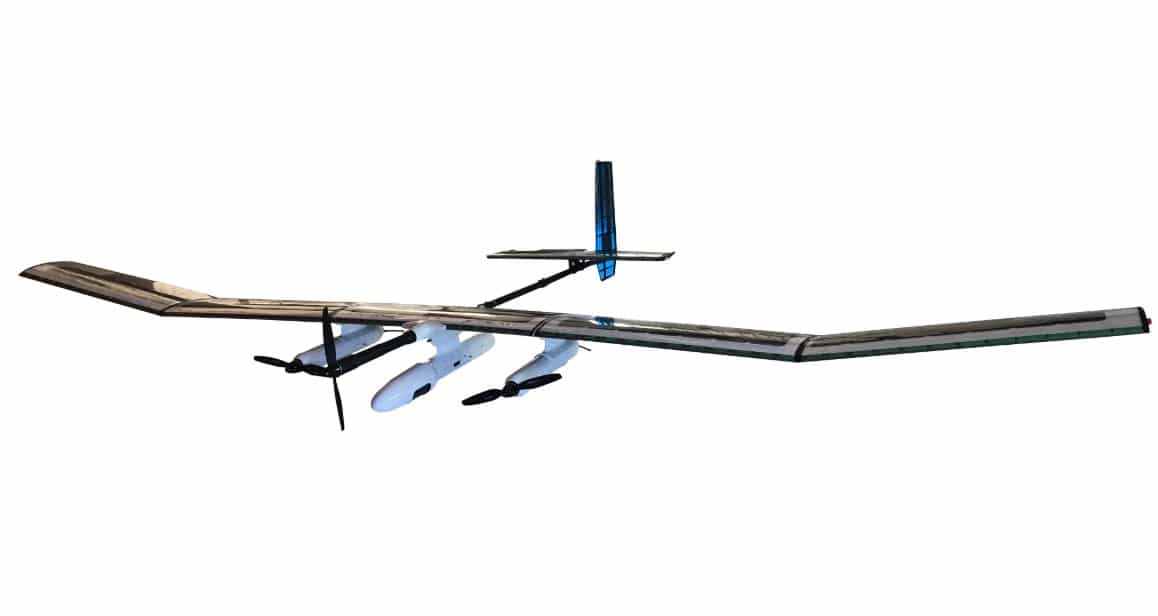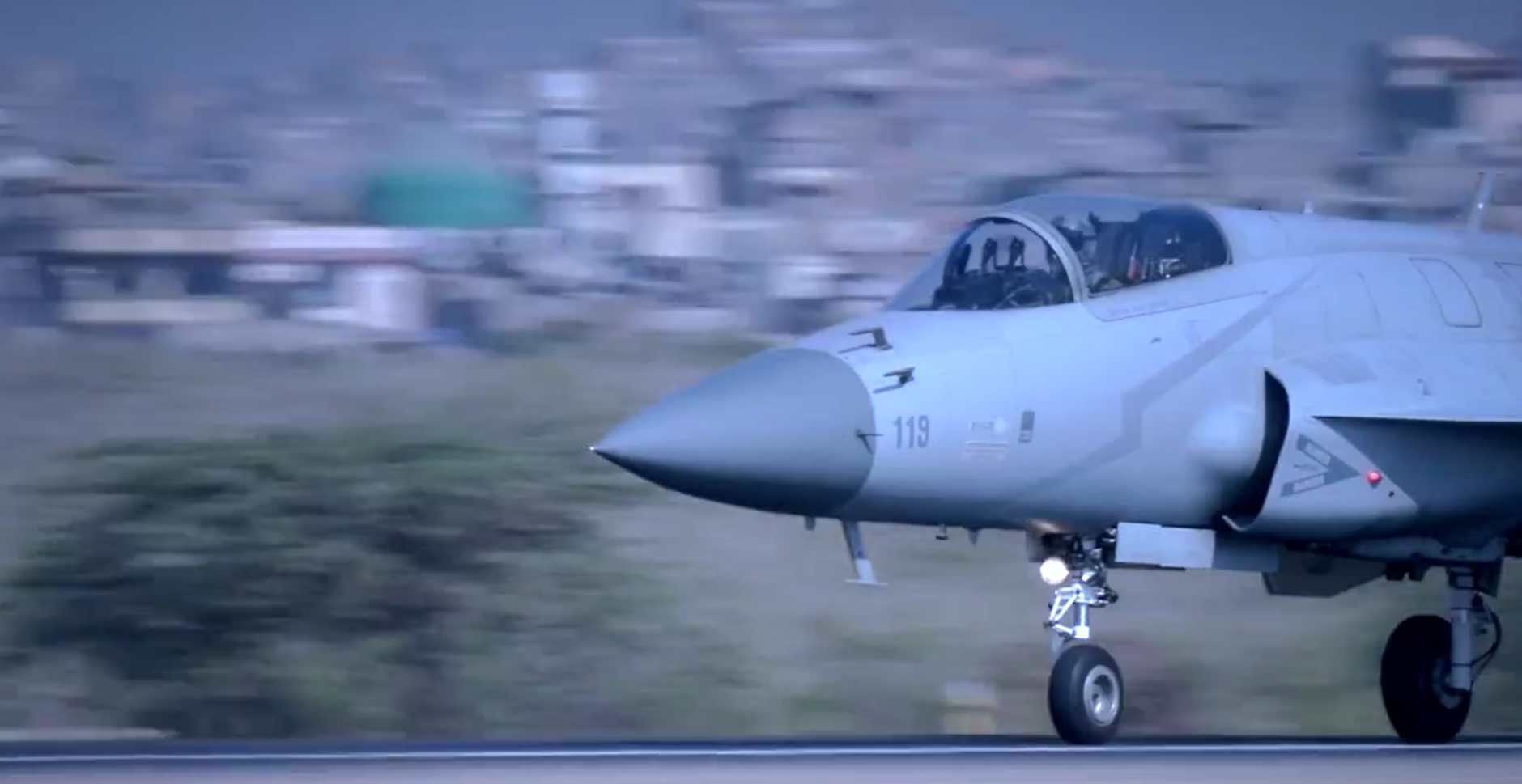2216Views 0Comments

Pakistan’s Integrated Dynamics Reveals Pseudo-Satellite Project
Integrated Dynamics, a privately-owned company in Pakistan, revealed that it was developing its own line of High-Altitude Pseudo-Satellite (HAPS) platforms in the form of solar-powered unmanned aerial vehicles (UAV) at the 2019 Dubai Air Show, which took place in 17-21 November.
Integrated Dynamics’ first HAPS UAV, which is listed in the company’s product portfolio, carries the name SOLARIS. The SOLARIS offers an operational range of 200 km at line-of-sight (LOS), which is extendable to over 1,000 km, and can operate at an altitude of 6-10 km (i.e., 19,500+ ft to 32,800+ ft).
Marketed as a low-cost civilian UAV, which will reportedly cost under $100,000, the SOLARIS has a mass of 13 kg and can operate in the air for up to 24 hours. Integrated Dynamics is now working on increasing the SOLARIS’ endurance to up to four days, but it is not known when this version will be available.
Integrated Dynamics is also working on the STRATOS, a larger design that will be capable of operating at up to 22 km (72,000+ ft) and reportedly stay in the air at up to four months at a time, which could make it at-par with some industry-leading designs. The STRATOS is to carry a payload of up to 12 kg,
Notes & Comments:
The core idea of HAPS is to offer a low-cost alternative to satellites in certain applications, most notably as a high-altitude communications repeater and surveillance asset.
Some of the leading HAPS designs in development around the world rely on solar energy to keep the UAV airborne, though it is unclear if that capacity extends to the drone’s onboard equipment.
One of the earliest known HAPS UAV designs was the Zephyr, which is currently development with Airbus Defence and Space (Airbus DS). Originally, the Zephyr was project of QinetiQ, which then sold the Zephyr to Airbus DS in March 2013. It is believed that the UK Ministry of Defence will use the Zephyr as part of its intelligence, surveillance, reconnaissance and target acquisition (ISTAR) capacity.
It is unclear if the SOLARIS and/or STRATOS programs are borne from a specifically defined defence and/or government requirement. However, if Integrated Dynamics developed the program independently, it can be proof of the Pakistani private sector’s capacity to undertake product design and development if given the regulatory and technical infrastructure to do so.
Want More Information on Pakistan’s Drone Programs? See:


